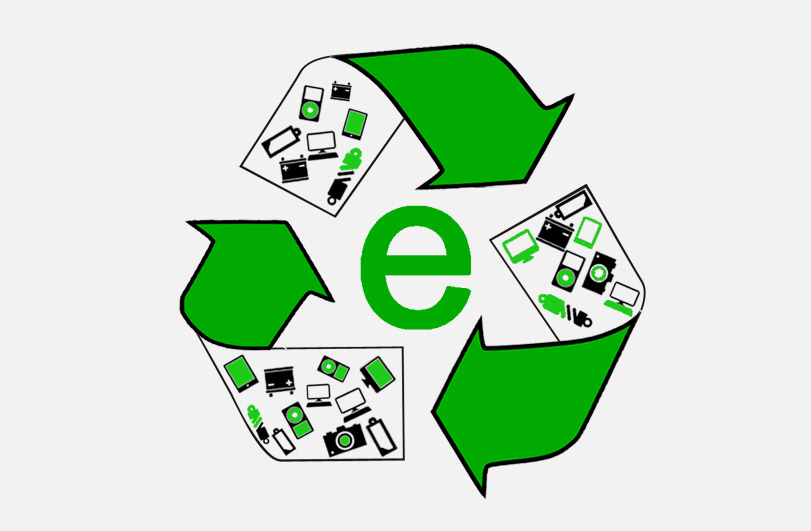With human beings evolving to the level where the forthcoming of a technology-induced polluted world has become inevitable, the rate of increasing e-waste will play a vital role in making it possible. E wastes are the technology that has reached the limits of its usefulness, resulting in being discarded, donated, or given to the recycler. As per the UN, any discarded products that have a plug or battery are considered to be e-waste. And given the rise in the use of technology all around the earth, the increasing number of e wastes has also increased.
As per the UN, each person on earth will be producing 8 kg of e-waste annually in the coming few years. Among these, only a tiny fraction of wastes are recorded to be collected, treated, or recycled. This is why the necessity of electronic waste management has become an essential step for humans to take. But, without the proper education and active role played by the consumer, these electronic waste management strategies will not be as effective as they should be.
That is why in this article, you will learn about all the impacts on the environment that have been caused by electronic waste. Without learning the problems at the core, it won’t be possible for people to understand how threatening this whole situation will be in the next few years.
Environmental Impacts Caused by E-waste
- Impacts in Climate
One of the most profound impacts to perceive through your eyes is none other than climatic changes. These changes are changing temperature, the imbalance of seasons, and whatnot. Every time an electronic device is manufactured, it emits carbon, which eventually ends up making the problem of global warming more potent and threatening. With companies producing electronic devices in an unprecedented amount, you can fathom how much carbons are being produced in the process, which is making things more problematic for future generations.
However, many companies nowadays are taking necessary electronic waste management measures, which should be opted by all companies globally.
- Impacts on Soil and Water
There are many places in the world where these electronic wastes are discarded illegally. Which eventually deteriorates the soil quality. When you are through a piece of technology, let’s say a smartphone. A smartphone contains plastic and heavy metal, which eventually seep into the soil after a specific time. Which eventually contaminates the groundwater and the plants growing near that place. So, on a broad scale, when technology is discarded in piles, it is inevitable that it will render a place worthless to a certain distance, making it infertile and toxic for human usage.
Conclusion
The problem of E wastes might not seem significant for now. But, if things continue like this, the day when humans cease to exist is very near. That is why it is highly suggested that one should learn about these problems and consider electronic waste management. By doing so, the whole world will become a much better place for future generations.

